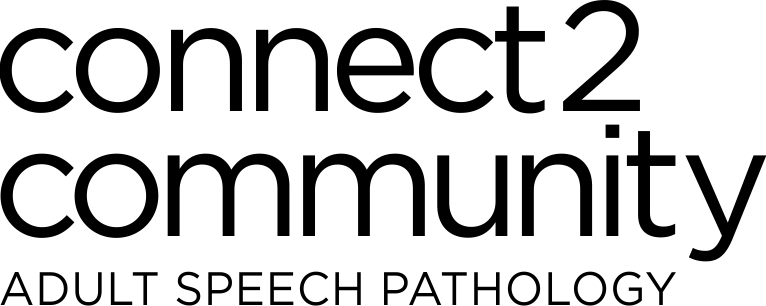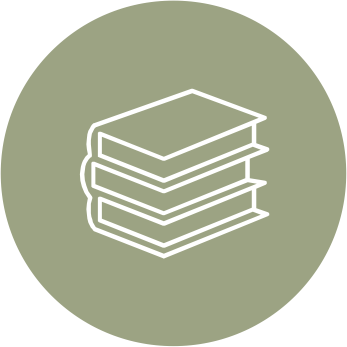

ACQUIRED NEUROLOGICAL COMMUNICATION DISORDERS
apraxia of speech
Apraxia of Speech
Apraxia of speech is a motor speech disorder that results from damage to the parts of the brain responsible for planning and programming muscle movements necessary for speech production. In order to speak, our brain sends messages to our speech muscles. Apraxia of speech affects the pathways of the brain that are involved in planning and coordinating the movements that are necessary for speech production. As result, the messages from the brain don’t get through to the speech muscles of the lips, jaw, tongue. A person with apraxia of speech knows what they want to say but has difficulty getting their lips, jaw, and tongue muscles to move in the correct sequence to say it.
A person with apraxia of speech may experience some or all of the following speech production:
- Speech sounds in words may be added, omitted, swapped for another sound or distorted (the speech sound is produced in an unfamiliar way)
- Rate of speech is slower
- Errors on words of increasing length
- Using the wrong stress pattern in a word
What causes apraxia of speech?
- Stroke (is the most common cause)
- Traumatic Brain Injury
- Brain Tumours
- Neurosurgical trauma
- Neurodegenerative diseases
- Primary Progressive Aphasia (progressive agrammatic/nonfluent aphasia variant)
It’s important to be aware of the following:
- Apraxia of speech does not affect intelligence
- Apraxia of speech does not affect muscle strength
- Apraxia of speech is a speech problem and should not be confused with aphasia which is a language problem
- A person with apraxia of speech knows what they want to say but has difficulty getting their lips, jaw, tongue muscles to move in the correct way to say it.
- Apraxia of speech can co-occur with aphasia
- Even a mild apraxia of speech can have a significant impact on participation and perceptions of identity.
How can connect2community speech pathology help?
A speech pathologist can:
- Identify a holistic profile of a client’s communication needs and ability
- Collaborate with client and family members towards person-centered therapy goals
- Discuss therapy options specific to the client’s communication needs and goals
- Provide treatments that meets the client’s communication needs and goals. All treatments focus on real-life, meaningful situations and tasks to enhance success in communication for the person with apraxia of speech
- Provide compensatory approaches in the form of Augmentative and Alternative Communication (AAC) to increase environmental support and reduce communication barriers.
- Provide communication partner training and support for the individual with apraxia of speech and their close communication partner/s. Knowledge and the use of facilitative strategies by communication partners can enhance successful conversation.
- Identify barriers and facilitators within the person’s communication environment, with the goal being – how to best support communication for the person with apraxia of speech within their community.
- Provide apraxia of speech specific education for the client and family
Speech pathologists are trained to assess, diagnose, provide treatment and advocate for people with apraxia of speech and their families. Please contact connect2community speech pathology if you have any concerns or questions regarding apraxia of speech or a recent diagnosis of apraxia of speech.
PHONE 0411 864 386
EMAIL info@connect2community.au
